During colder weather we are more likely to have on heaters or fires and be cooking hot dinners in the kitchen. But it’s not just winter time that we need to think about protecting young and old from being burnt, we should be thinking about the risks all the time. Young children burn more quickly and deeply than young adults because their skin is thinner. As we age our skin thins again, and older persons also have deeper and more severe burns that take longer to heal compared to younger adults.
Plunket New Zealand says that the two main causes of burns among children in New Zealand are hot liquids (tea, coffee, soups) and hot tap water (showers, baths, and sinks). Research shows that steam and hot liquids is also the major cause of burns in adults over 65 years.
As we age we have decreased strength and are slower to react. These contribute to people over 65 years being more likely to burn themselves than younger adults. Being slower to react can mean an older person is in contact with the hot liquid for longer and therefore has a worse burn. Research from New Zealand and Australia showed that 13% of hospital admissions for older adults were for burns. That is more than one in every ten pensioners going to hospital are going because of a burn. Older adults (over 65 years) were more likely to require a skin graft for their burns compared to 20 – 65 year olds.
Any parent knows how quickly a child can move and suddenly grab or knock into something. So young children get burnt from being too quick and older people can be burnt from moving more slowly. It is far easier to prevent burns than to treat them, so below are some suggestions for preventing burns.
Preventing burns
It is important to never nurse your baby while you are drinking a hot drink like tea, coffee or a hot soup. Keep all hot liquids well away from children. They can grab at cups or the cord of the kettle or the handle of a pot with serious results. Put the pots on the back elements of the stove and make sure pot handles are turned so that they don’t stick over the edge of the stove where a child can grab them or an adult can accidently bump into them. If you must leave the kitchen while you are cooking, take the children with you if possible, or turn off the stove.
To prevent burns from hot water make sure the temperature of your hot water is turned down to 50 to 55 degrees Celsius; hotter than that can burn very quickly. When you run a bath, put cold water in first in case a child gets into the bath or touches the water before it is finished running. Next get the bath up to temperature with hot water and then run the cold again until the taps are not hot to touch. Always watch children in the bath and when they are having a shower or washing their hands. When they are young they can easily turn on the hot tap by mistake and burn themselves.
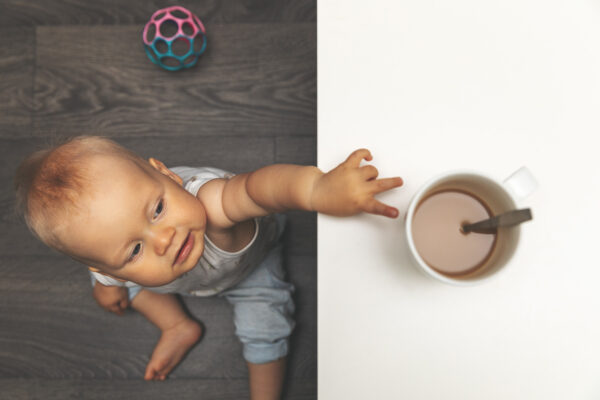
First aid treatment of burns
A surface burn is painful, red, swelling and blistering. If you or someone else has a surface burn:
- Run the burn under cold water for 20 minutes
- Remove any restrictive items like rings or watch
- If you need to clean the burn, rinse it with sterile saline solution (you can buy small bottles of this from the pharmacy and it should be in your first aid kit)
- Do not try and remove anything from a burn. If this needs to happen the person needs to be seen by a doctor
- Cover the burn with cling film (gladwrap) but not if it is on the face. Do not wrap the burn, just gently place the cling film over it
- Give paracetamol dose appropriate for the age or weight of the person
- Children should receive the dose of paracetamol for their weight (not age)
- Never pop a burn blister. It provides a sterile and moist environment for the skin underneath to heal. If you have any concerns see a doctor.
A deep burn often has little or no pain. The person may go into shock (rapid breathing, or really deep over breathing/panting) they may be confused, sleepy or lose consciousness.
Get immediate medical attention for any burn that is larger than a 20c piece or if there is little or no pain despite being a serious burn. Phone an ambulance if you need help to get the patient to hospital or if they are severely burnt. Make sure you keep the burn cooled if possible, check they are not going into shock. Make sure you tell the person who answers the 111 call if the patient is losing consciousness (have stopped responding to you talking to them), or is breathing too fast.
Take large or deep burns seriously and get medical help as soon as possible. Best of all, take precautions so as to protect your whanau, and prevent burns in your home.
Written by Linda Caddick
This blog provides general information and discussion about medicine, health and related subjects. The information contained in the blog and in any linked materials, are not intended nor implied to be a substitute for professional medical advice.






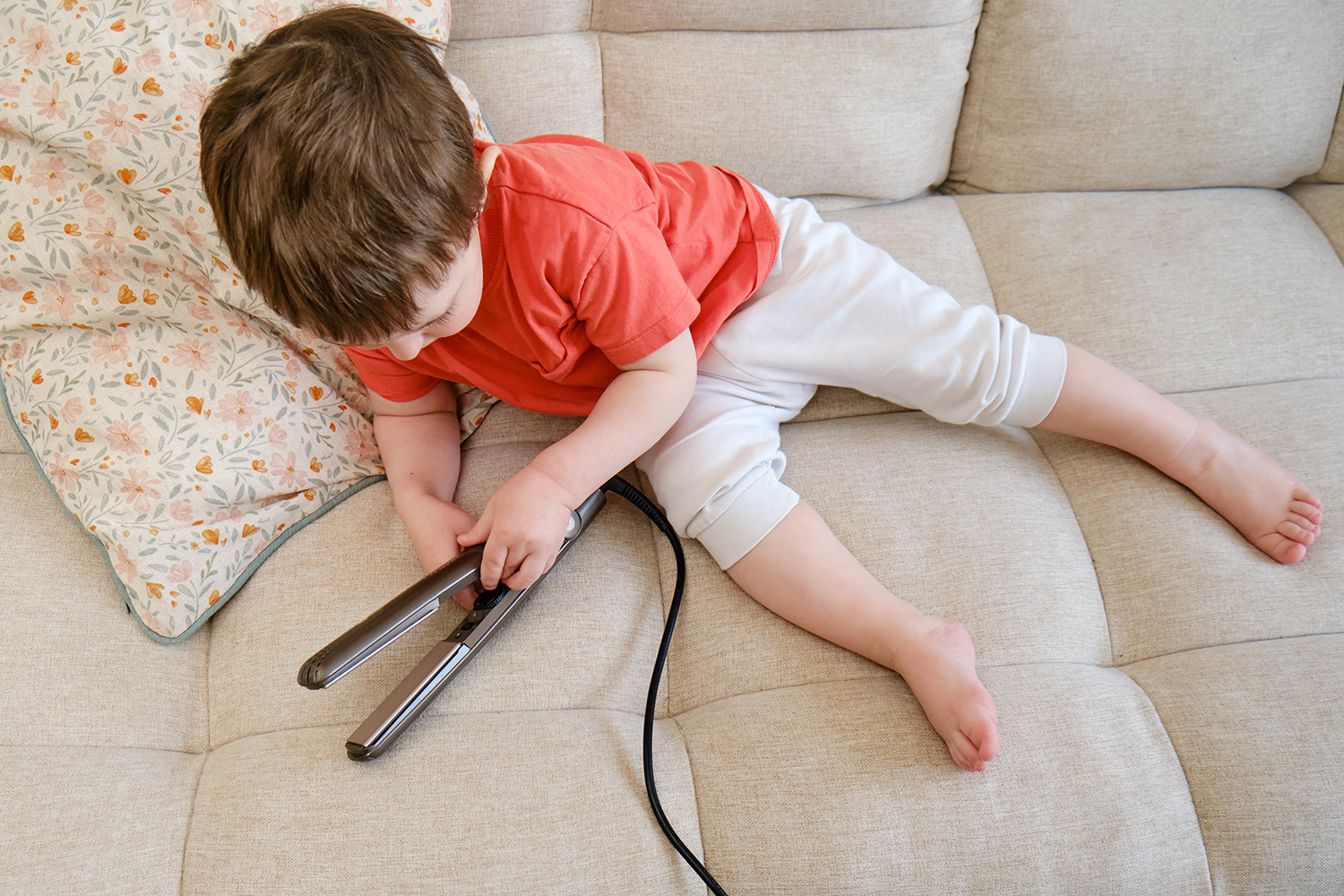

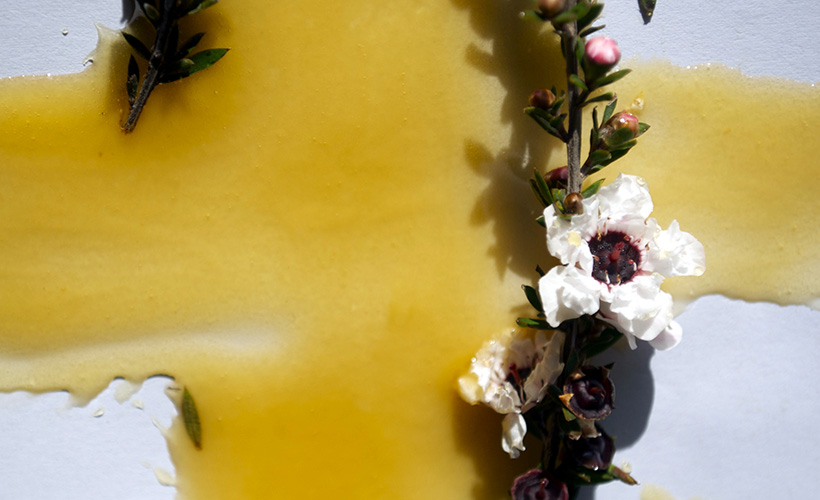
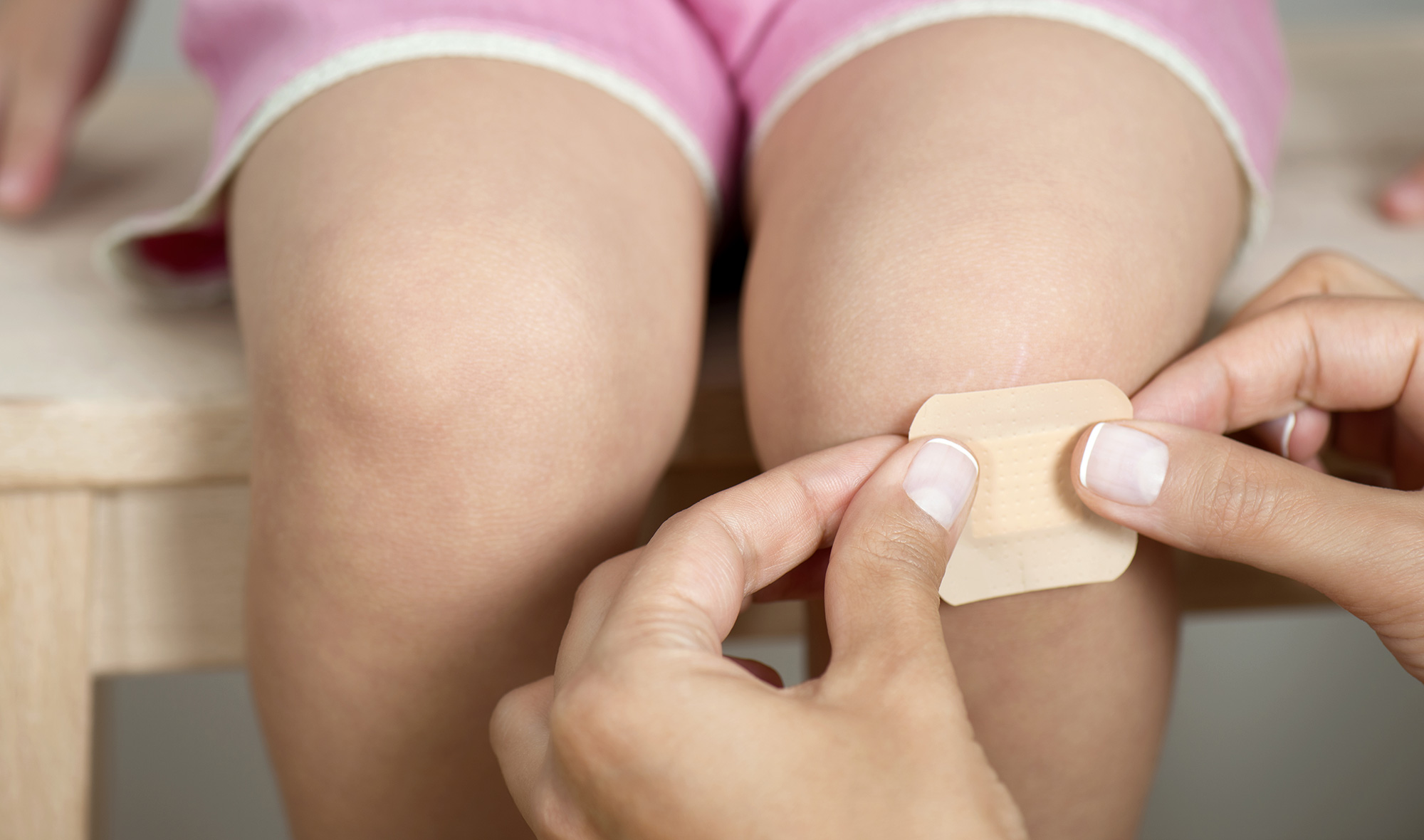
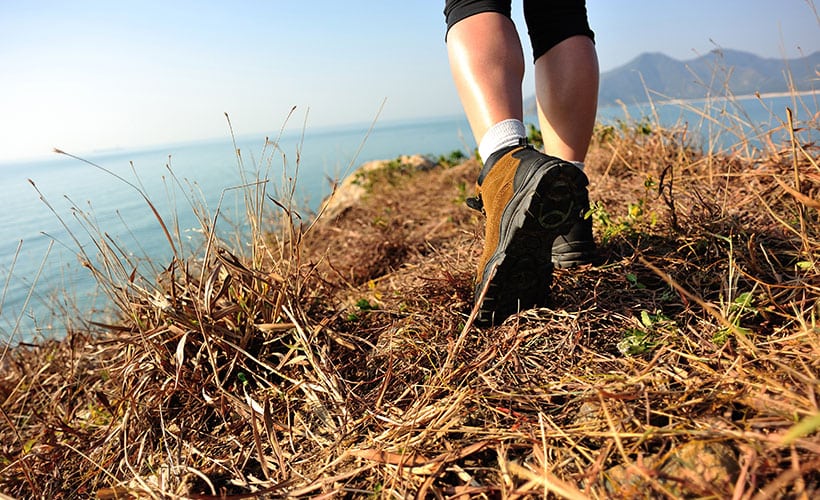
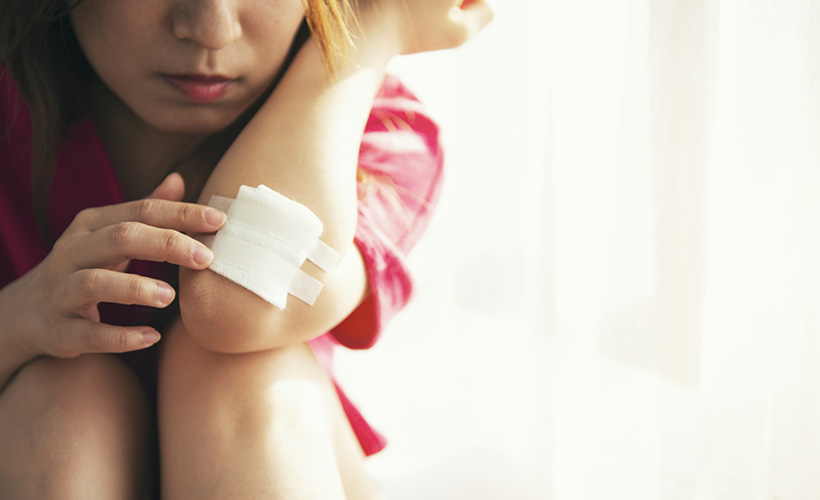


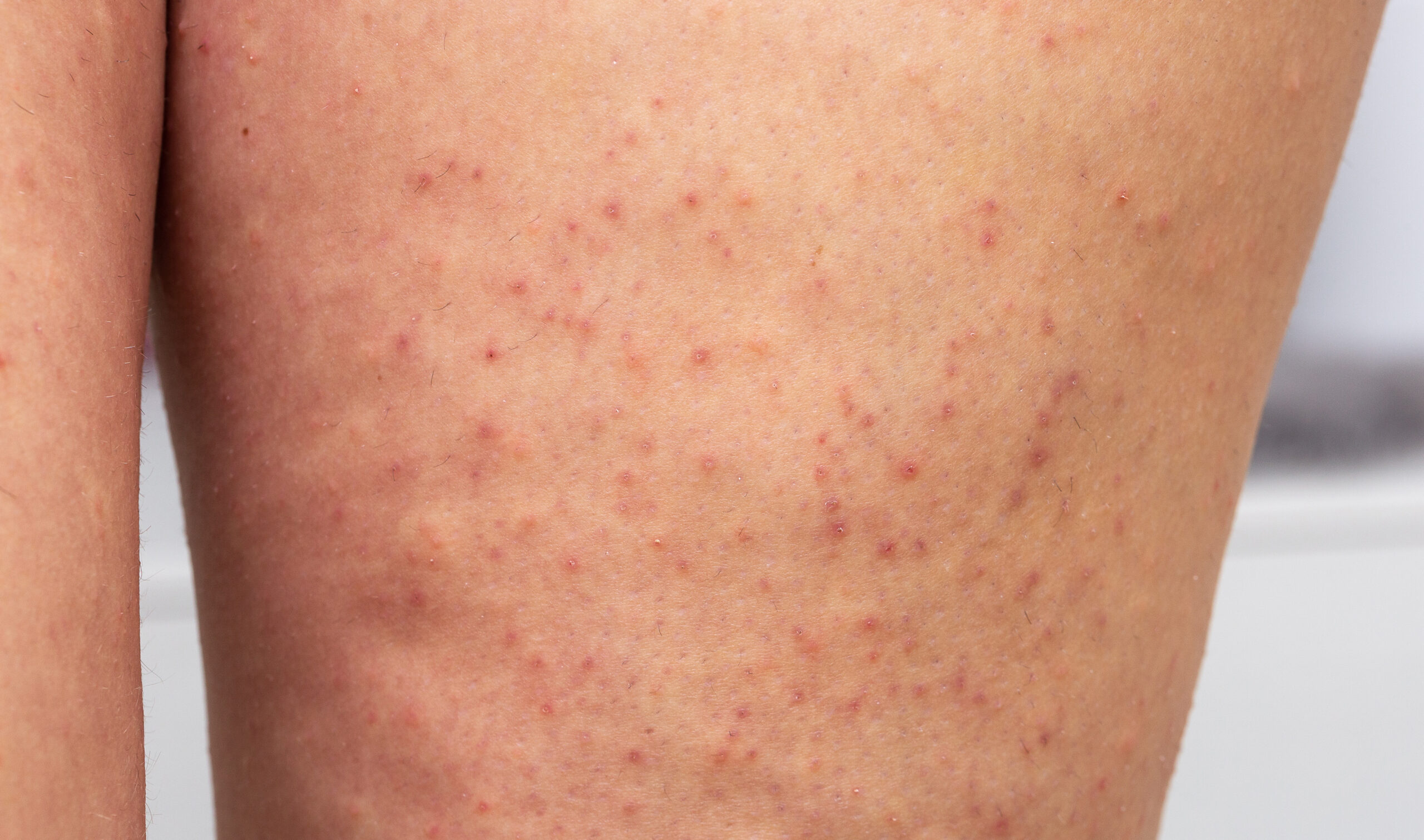
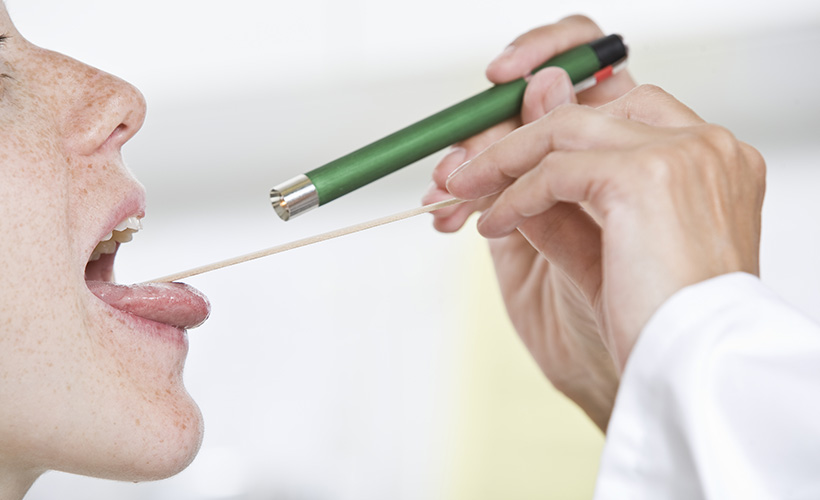

Community